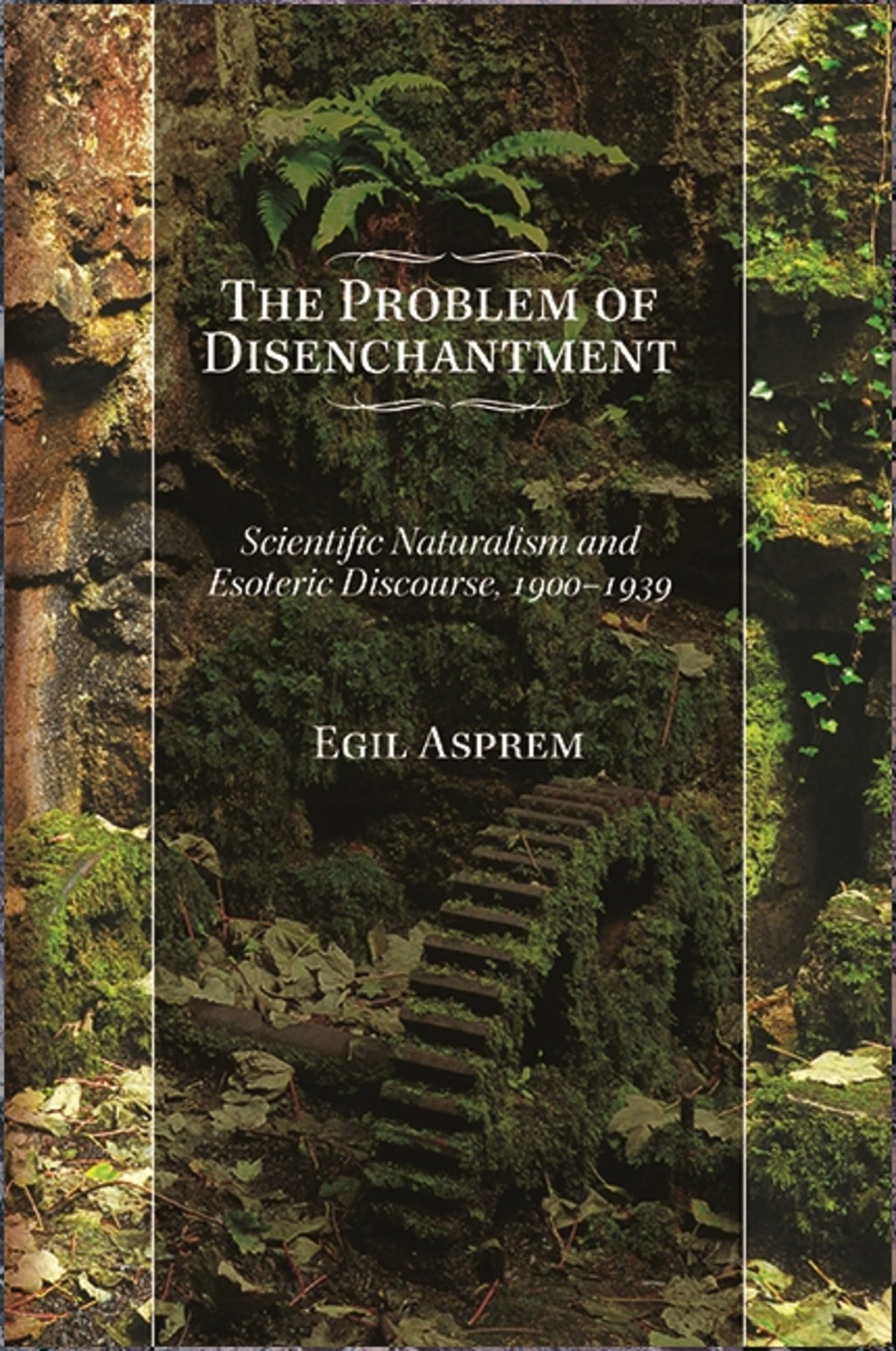We're sorry. An error has occurred
Please cancel or retry.
The Problem of Disenchantment

Some error occured while loading the Quick View. Please close the Quick View and try reloading the page.
Couldn't load pickup availability
- Format:
-
01 May 2018

Challenges the conventional view of a "disenchanted" and secular modernity, and recovers the complex relation that exists between science, religion, and esotericism in the modern world.
Max Weber famously characterized the ongoing process of intellectualization and rationalization that separates the natural world from the divine (by excluding magic and value from the realm of science, and reason and fact from the realm of religion) as the "disenchantment of the world." Egil Asprem argues for a conceptual shift in how we view this key narrative of modernity. Instead of a sociohistorical process of disenchantment that produces increasingly rational minds, Asprem maintains that the continued presence of "magic" and "enchantment" in people's everyday experience of the world created an intellectual problem for those few who were socialized to believe that nature should contain no such incalculable mysteries. Drawing on a wide range of early twentieth-century primary sources from theoretical physics, occultism, embryology, radioactivity, psychical research, and other fields, Asprem casts the intellectual life of high modernity as a synchronic struggle across conspicuously different fields that shared surprisingly similar intellectual problems about value, meaning, and the limits of knowledge.


"Asprem's line of argument is admirable, drawing on profound knowledge of the history of religion and science, demonstrated through numerous case studies. This is a crucial contribution to research into science and religion in the twentieth century, opening up new areas of research into (western) esotericism and the history of science." — Religious Studies Review
"Without doubt, the study—almost encyclopedic in scope, and at the same time replete with new insights—provides an extraordinary contribution to the clarification of the intricate interrelation of esotericism and science in the early 20th century." — Reading Religion
"This challenging book is a fascinating complexification of the modern era's scientific history." — CHOICE
"The Problem of Disenchantment is, in its entirety, extraordinarily well researched, argued, and written—representing at once the most complete and nuanced treatment of the notion of disenchantment within this network of scientific, religious, philosophical, and esoteric discourses and currents." — Nova Religio
List of Figures
Acknowledgments
Introduction the Limits of Reason Part 1. From Process to Problem
1. From Process to Problem
2. Science as Worldview Part 2. New Natural Theologies
3. Brave New World: An Introduction to Part Two
4. Physical Science in a Modern Mode
5. The Meaning of Life: Mechanism and Purpose in the Sciences of Life and Mind
6. Five Schools of Natural Theology: Reconciling Science and Religion Part 3. Laboratories of Enchantment
7. Against Agnosticism: Psychical Research and the Naturalisation of the Supernatural
8. Laboratories of Enchantment: Parapsychology in Search of a Paradigm
9. Professionals Out of the Ordinary: How Parapsychology Became a University Discipline Part 4. Esoteric Epistemologies
10. Esoteric Epistemologies
11. The Problems of a Gnostic Science: The Case of Theosophy's Occult Chemistry
12. Perceiving Higher Worlds: Two Perspectives
Conclusion Implications for the Study of Science, Religion, and Esotericism
Bibliography
Index of Names
Index of Subjects



